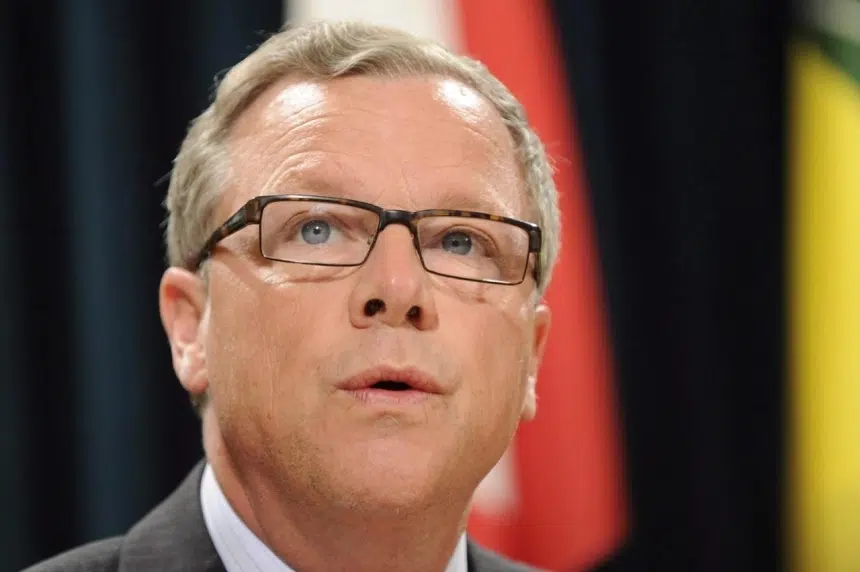The story of carbon tax is only getting louder in Saskatchewan.
In an effort to address climate change, the Prime Minister announced Monday that the provinces will have a choice: to go to cap and trade system or tax polluters $50 per tonne by 2022.
Premier Brad Wall maintains that will cost the average Saskatchewan family an extra $1250 in annual taxes.
Environment Minister Scott Moe believes provinces should still have a say in how they are addressing climate change.
“I think what we need to do is separate the discussion of a tax from actually the effort of real results in reducing our carbon footprint and we are doing that in Saskatchewan,” Moe argued.
“This could be the single largest tax increase that this province has ever experienced.”
Moe maintains the entire process to address climate change was meant to be a collaborative so provinces could tailor the right solution for their needs.
Legally, Saskatchewan could have some options available to challenge the federally-imposed carbon tax.
“If the federal government attempts to tax in a way that is taking away resources from the provinces then there is the possibility of a challenge to that,” stated Dwight Newman, a constitutional law professor at the University of Saskatchewan.
The federal government does have the constitutional right to impose taxes.
Although complicated, Newman says the Crowns may be a possible solution for the province because governments can’t tax governments.











